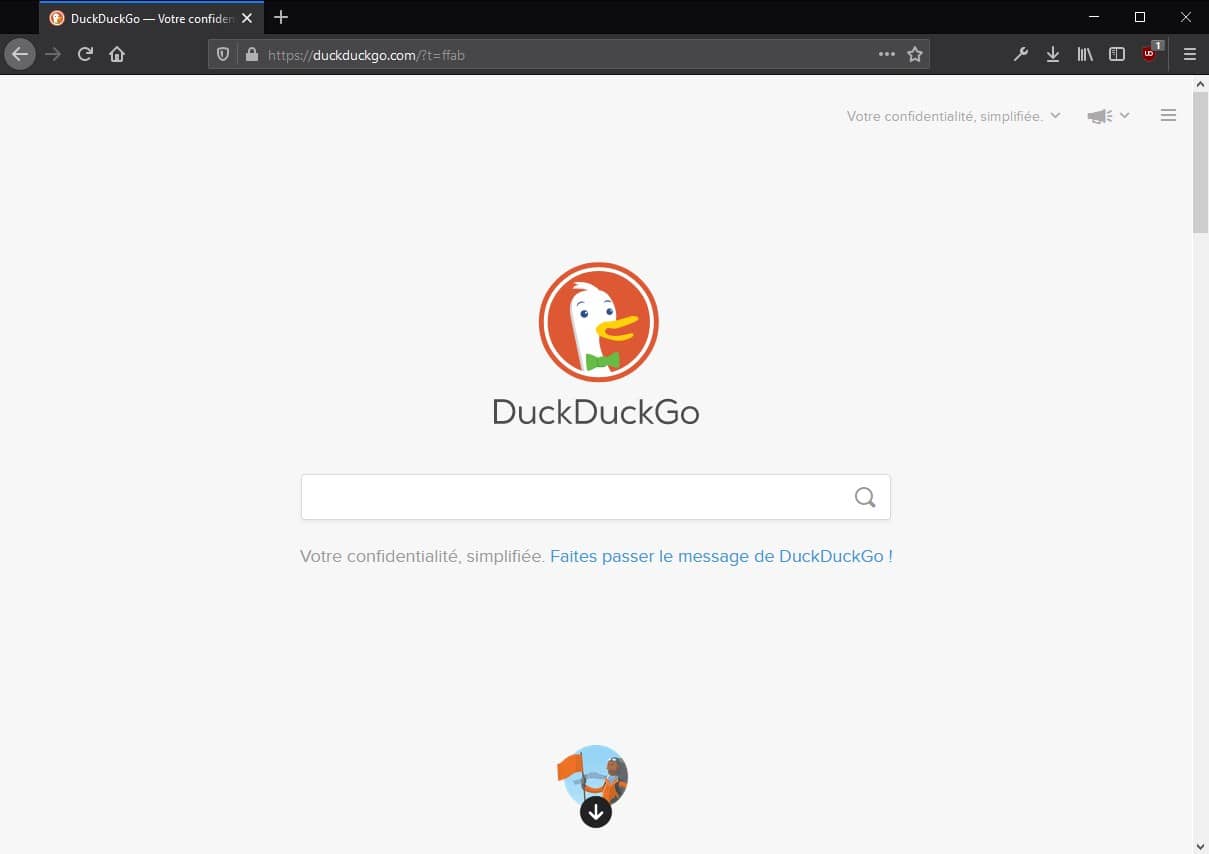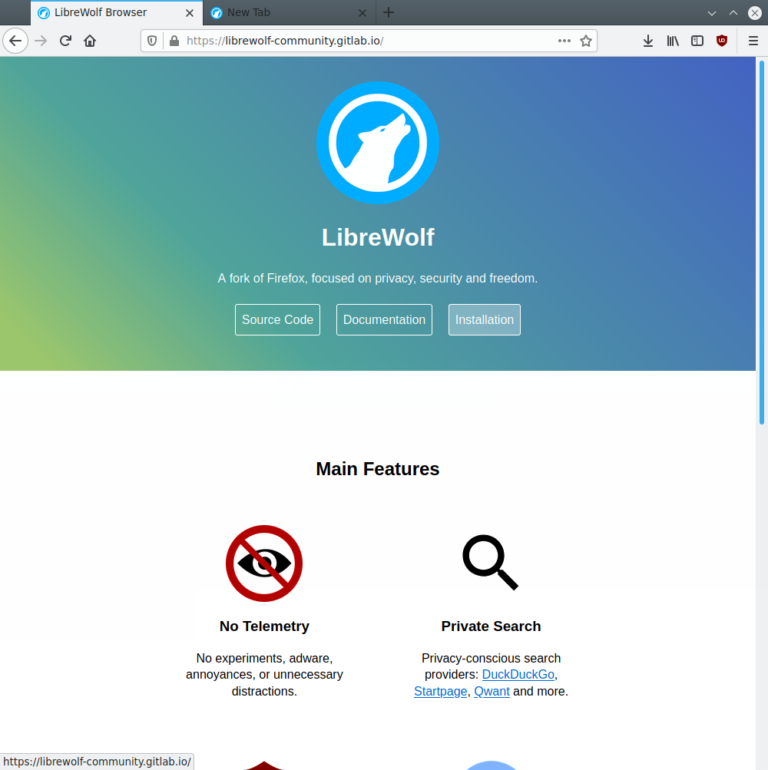
It would be very helpful if at step 4 when I install LibreWolf all the required dependencies are installed with it so that I can install LibreWolf fully offline with few clicks. I don't like this current behavior, because as a new user I searched for a long time where the problem was.
After installation start LibreWolf for the first timeĪccording to my tests LibreWolf requires Microsoft Visual C++ Redistributable for Visual Studio 2015, 20.Īfter installing these 2 files LibreWolf could be started. It's also amazing that everything works right out of the box, so users don't need to do anything except installing it on their systems. The most awesome aspect about LibreWolf is, of course, that it offers a way safer and more privacy-oriented experience than Firefox, without any major drawbacks. There's more: tracking protection is set to "Strict" by default, cookies and history are automatically deleted once you close the browser, HTTPS-only mode is enabled by default, and uBlock Origin is included by default for your convenience. There's no cloud-synchronization options, no sponsored/recommended content in the homepage, no sponsored shortcuts, no "Add to Pocket" button, and no "Add news/tips in the new tab" in the Settings section. That said, here are the main differences between the two, namely the features that make LibreWolf special.įor starters, it removes all telemetry elements. Users are usually more inclined to trust a product/software with proven results and a good reputation. The main advantage of LibreWolf is that it has a solid, renowned engine and base, namely Firefox. Windows Project information Project information Activity Labels Members Repository Repository Files Commits Branches Tags Contributors Graph Compare Locked Files Issues 18. It offers better protection against fingerprinting and other cross-site tracking mechanisms along with other privacy and security feature improvements. It has been designed to be faster, more secure, and efficient than other browsers. In short, it looks like Firefox, it feels like Firefox, and it's as fast as Firefox, but it's a bit more than that since it uses a bit of privacy "magic" under the hood. LibreWolf is a private web browser that is based on Mozilla Firefox. This means that these particular settings cannot be changed by updates, the installation of addons, or even accidentally by the user (to change them you have to manually edit the. Important settings are enforced/locked within librewolf.cfg, and policies.json. Last but not least, the way LibreWolf stores its settings is fundamentally different from Firefox. In short, it can be used alongside Firefox, or any other browser, for that matter. LibreWolf uses a completely independent build from Firefox, and has its own settings, profile folder, and installation location/path. This means that you receive all the latest new features and improvements, as well as all the security updates. Using Chocolatey Alternatively, we can use Chocolatey, a package handler for Windows, to download and install Librewolf. It uses more than 500 privacy/security/performance optimization settings (designed to minimize data collection and telemetry as much as possible).Īnother interesting aspect is that LibreWolf is compiled directly from the latest Firefox Stable build. You can then open the application from the wizard or by accessing it via the Windows Start Menu. 
It's an independent, community-driven fork of Firefox. Here's what you need to know about LibreWolf right off the bat.

With a Windows OS, we've got three options for downloading and installing the Librewolf browser: Relying on the setup.exe releases. LibreWolf - basically Firefox, but safer and more careful with your privacy I'm also going with the assumption that you're not willing to build Librewolf yourself. Librewolf strips out all of the telemetry from Firefox and enables a bunch extra s. So, what do you install if, let's say, you like Firefox very much, but you would like it to be a bit more privacy and security-oriented? The answer is LibreWolf. LibreWolf is a fork of Firefox, focused on privacy, security and freedom. There, choose Manual proxy configuration and have SOCKS Host > 127.0.0.1 and Port > 9050.

Start librewolf-portable.exe and go in Menu > Settings > General > Network Settings > Settings.

Firefox doesn't require much introduction, especially in the Linux community, where it's been the staple browser for years and years.Įven though Firefox is nowhere near as packed with telemetry elements as say, Google Chrome (and other popular browsers), when it comes to privacy and security there's always room for improvement. Run the batch file, this should start Tor.








 0 kommentar(er)
0 kommentar(er)
